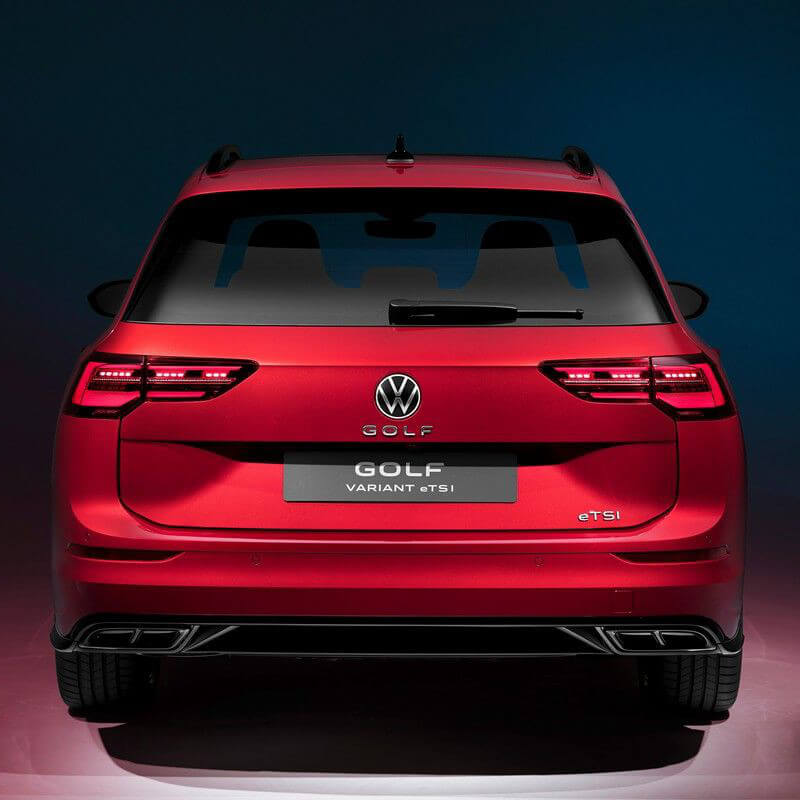China maintains lead in world auto market as it targets Volvo
The China car story, however, is as much an indigenous one as it is about venerable foreign brands surviving in this market.
There is much in modern China that dazzles and baffles, especially the near total absence of old, battered cars. A drive down a highway here can be a veritable auto show with Jaguars, Rolls, Mercedes and BMWs cruising along casually.
The China car story, however, is as much an indigenous one as it is about venerable foreign brands surviving in this market.
Last week yet another Chinese carmaker purred closer to a major global acquisition after Ford Motor selected Zhejiang Geely Holding Group as a preferred bidder for its loss-making Swedish unit, the iconic Volvo.
With this news, shares of Geely Automobile, China’s largest privately owned car company, hit its highest ever since it was listed in Hong Kong in 2004. In fact, Geely’s shares have soared four-fold this year on the Volvo buzz and strong domestic sales in the mainland.
The Chinese car market is now the envy of the world. September car sales jumped nearly 84 per cent, year on year, with just over 1 million cars sold during the month, according to the China Association of Automobile Manufacturers. This was in sharp contrast to a dismal US market where auto sales tumbled 23 per cent last month.
Comparison with US
Since January, China has overtaken the US to emerge as the world’s largest market with growth opportunities that are mind-boggling. About 10 million vehicles will be bought in China this year, a 500 per cent increase from 2000.
While foreign brands have made it good, the surprise of the season has been the outstanding performance of Chinese car companies. This was soundly reflected at the Shanghai Composite Index as domestic car firms outperformed the market throughout year.
Local carmakers like Geely, SAIC Motor Corp, BYD and Chery have mostly benefitted from Beijing’s multi-billion dollar stimulus plan which includes tax incentives for small cars and subsidies for vehicle buyers in rural areas. Demand for new cars jumped so high and so quickly this year that customers in smaller towns had to wait weeks for deliveries due to manufacturing backlogs.
Strong growth
The strong growth has pumped up profits and shares for Chinese automakers, making them investor favourites. SAIC shares have nearly quadrupled this year, while Changan’s Shanghai-listed shares have more than tripled and Dongfeng’s shares are up 58 per cent.
But Chinese carmakers are no longer content with their dominance over the domestic markets. They are keen to lap up iconic symbols of the Western industrial world, often taking the auto industry by storm. Geely’s ambitions to acquire Volvo are as sensational as the decision of Sichuan Tengzhong Heavy Industrial Machinery, a little-known Chin-ese machinery maker, to buy GM’s Hummer brand. Tengzhong is seeking regulatory approval for the deal and is aiming to close the purchase by early 2010.
Strangely, initial reaction to these overseas ambitions has been negative in China, with many wondering how local companies with no international exposure could run global auto brands. But as trade pundits point out, a Western acquisition will allow a Chinese company to leapfrog technologically.
Affluent buyers
Geely, which means ‘auspicious’ in Chinese, is hungry for modern and innovative technologies that can upgrade its cars to tap the growing affluent auto market in China. It is now important for local car-makers to become ‘status symbols’ at par with their Western counterparts.
The upwardly mobile youngsters and upper middle classes invariably vie for the foreign brands and this over-enthusiasm has proved to be a challenge for foreign automakers. They face an uphill battle marketing their cars in an intensely competitive and fickle market.
The huge number of foreign brands pushing into the Chinese market makes the customer spoilt for choice. So difficult is it for them to make a mark that BMW has even launched a social networking site in China to attract brand loyalty.
While prices of foreign makes can range from 300,000 yuan to 700,000 yuan for top-range cars from the BMW 3 and 5 series and Audi A4 and A6, the cheapest local brands go for as little as 30,000 yuan or less. The question now is will Volvo’s glamour diminish in the eyes of the foreign-brand conscious Shanghai buyer once it is acquired by a Chinese firm?
Sourced via gulfnews.com







